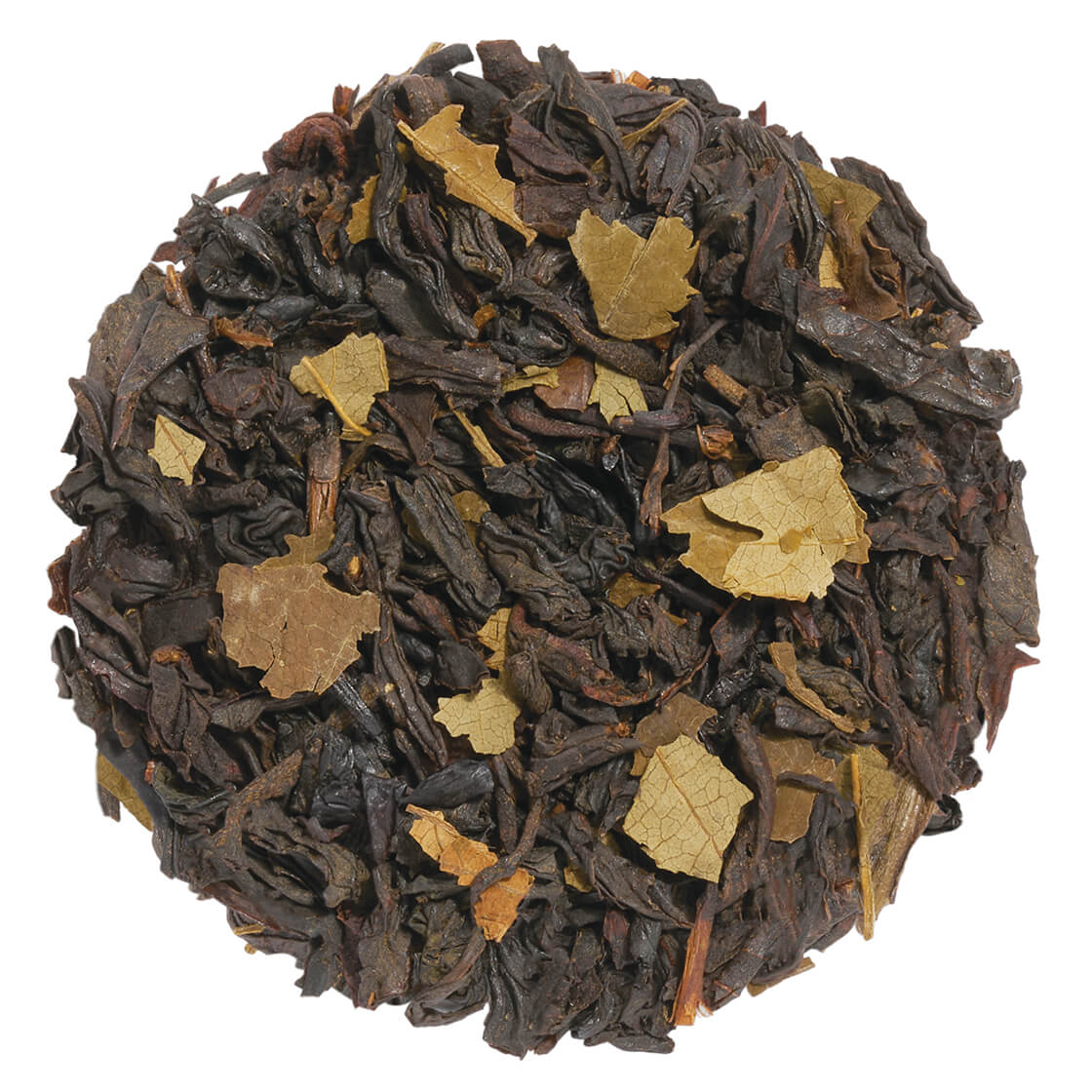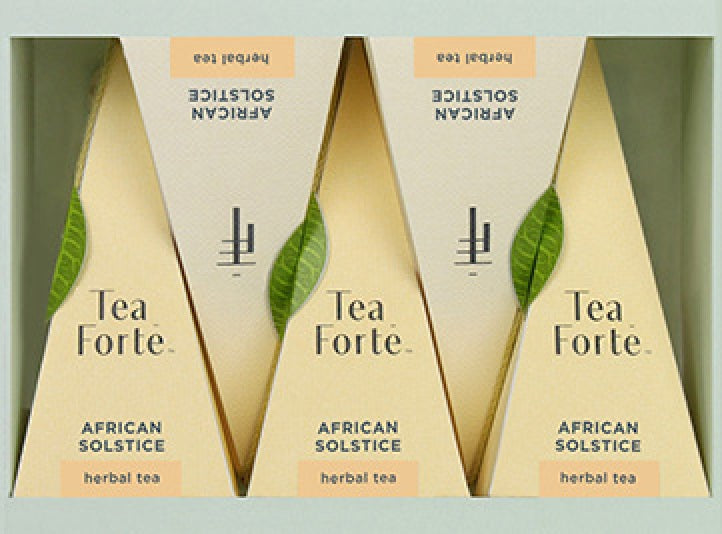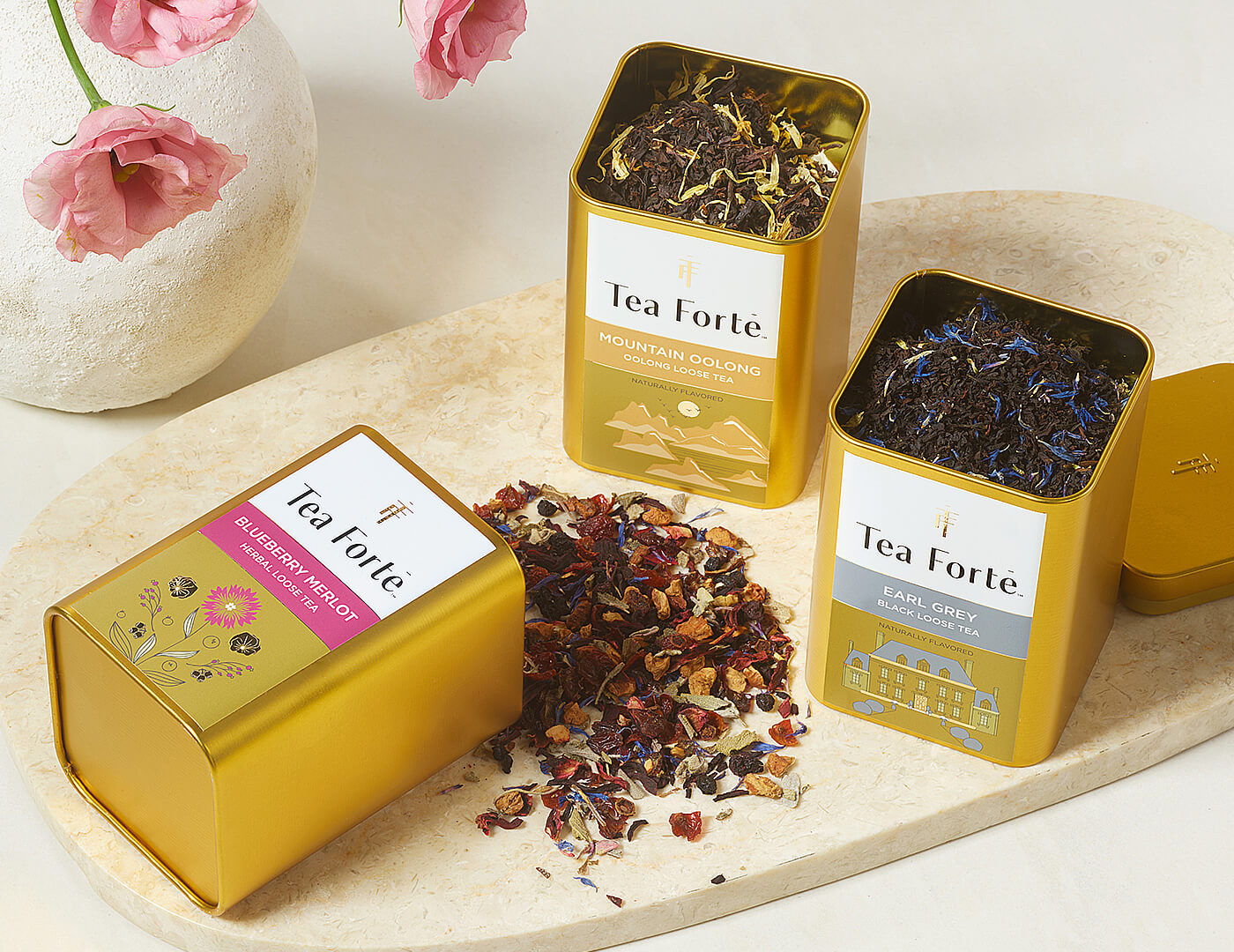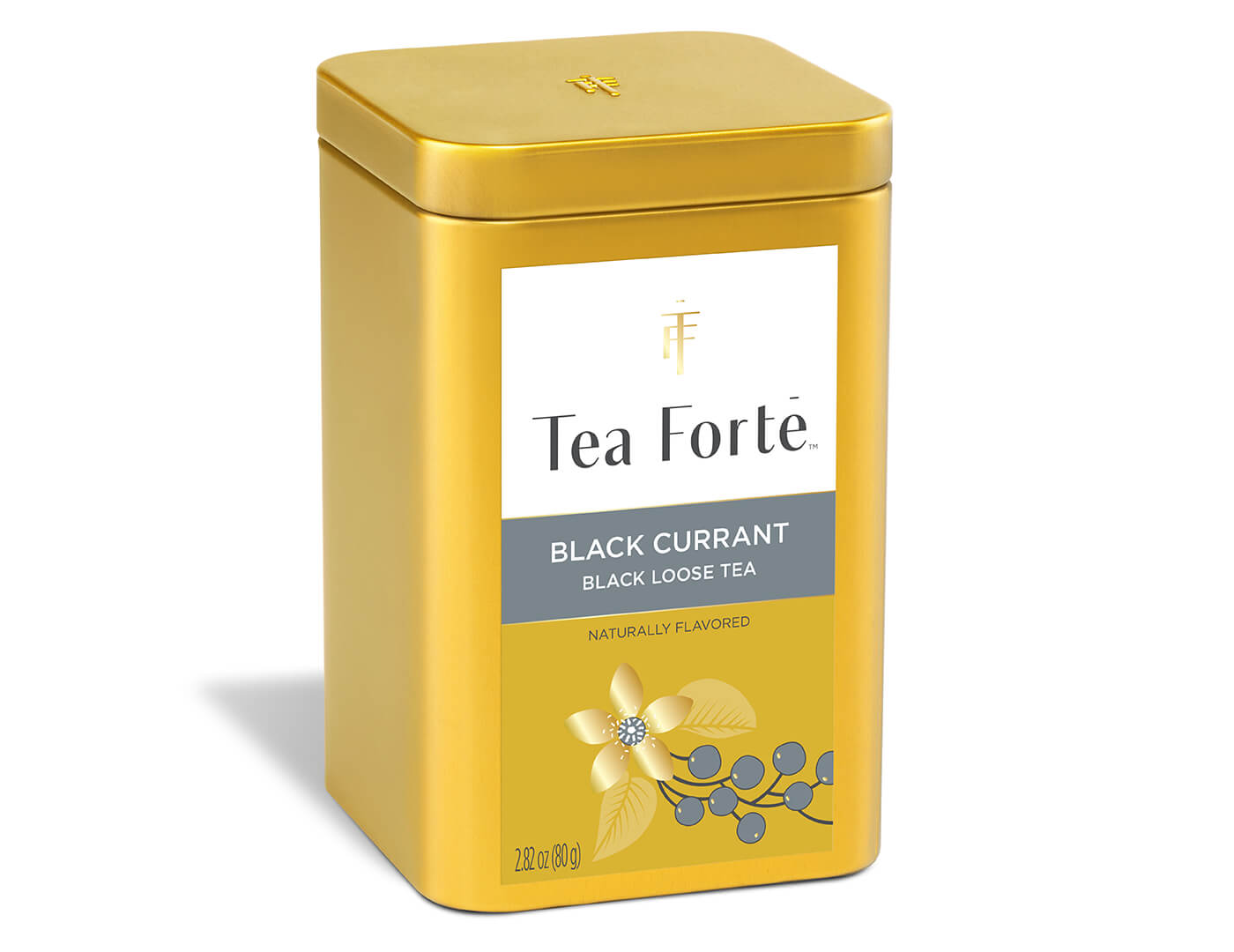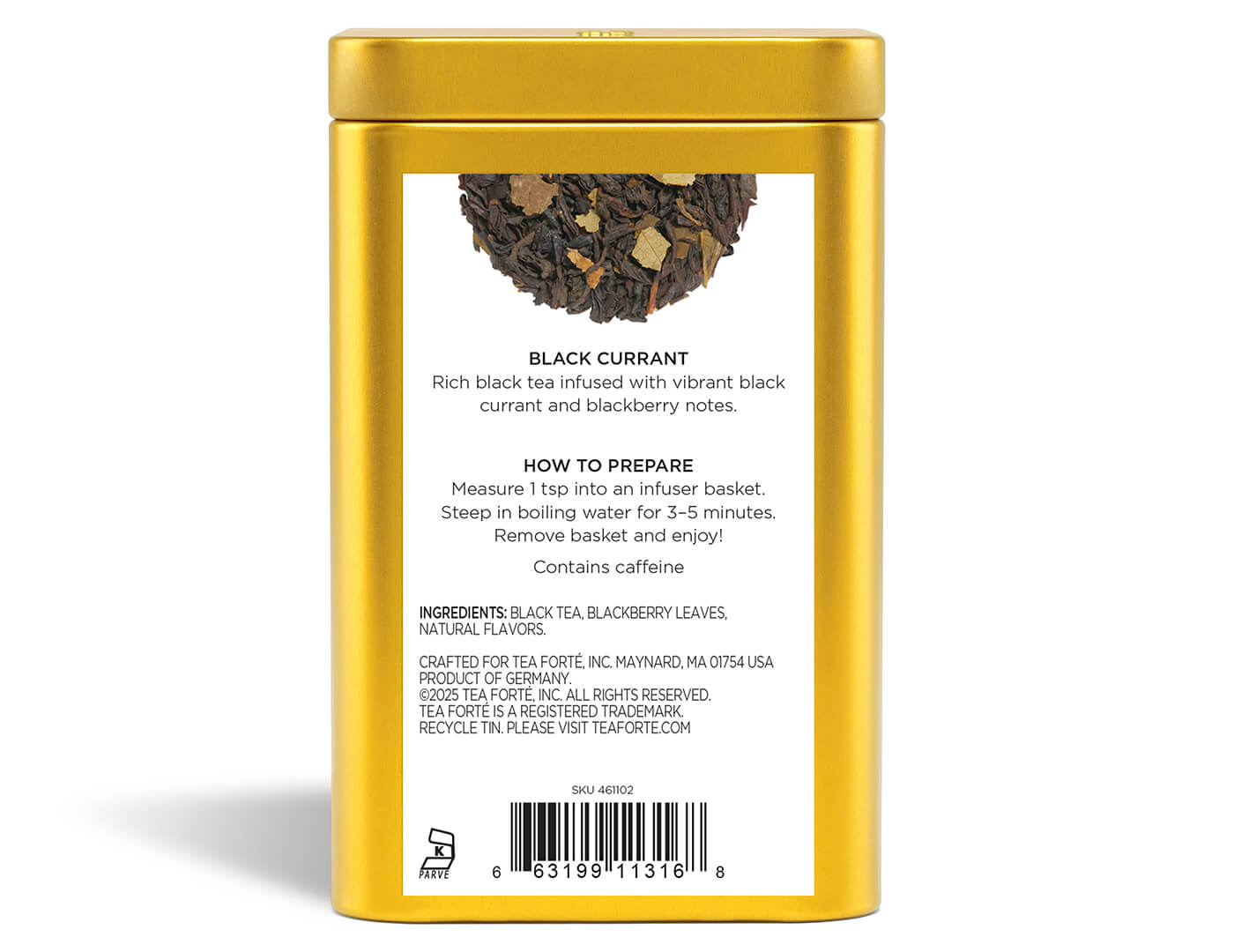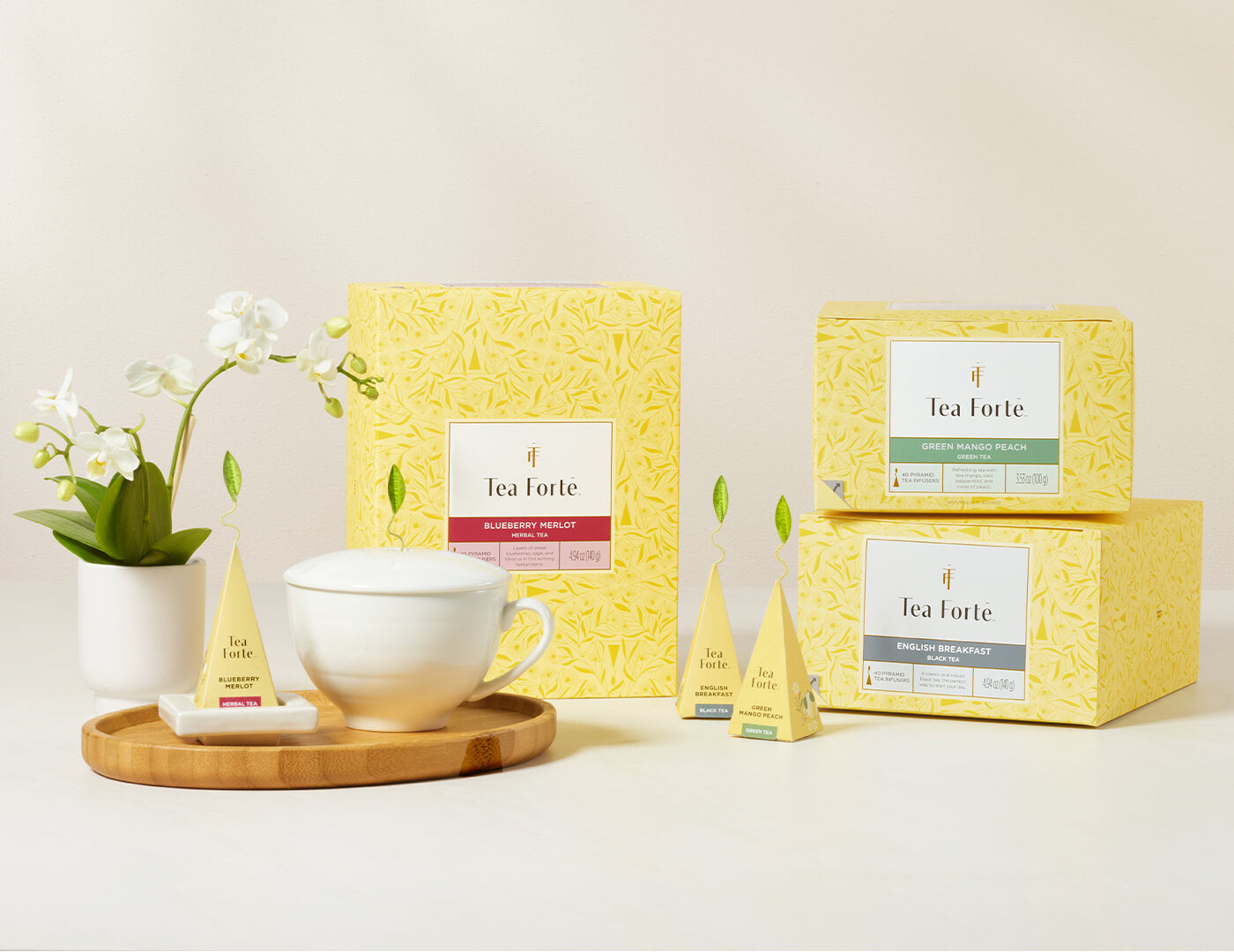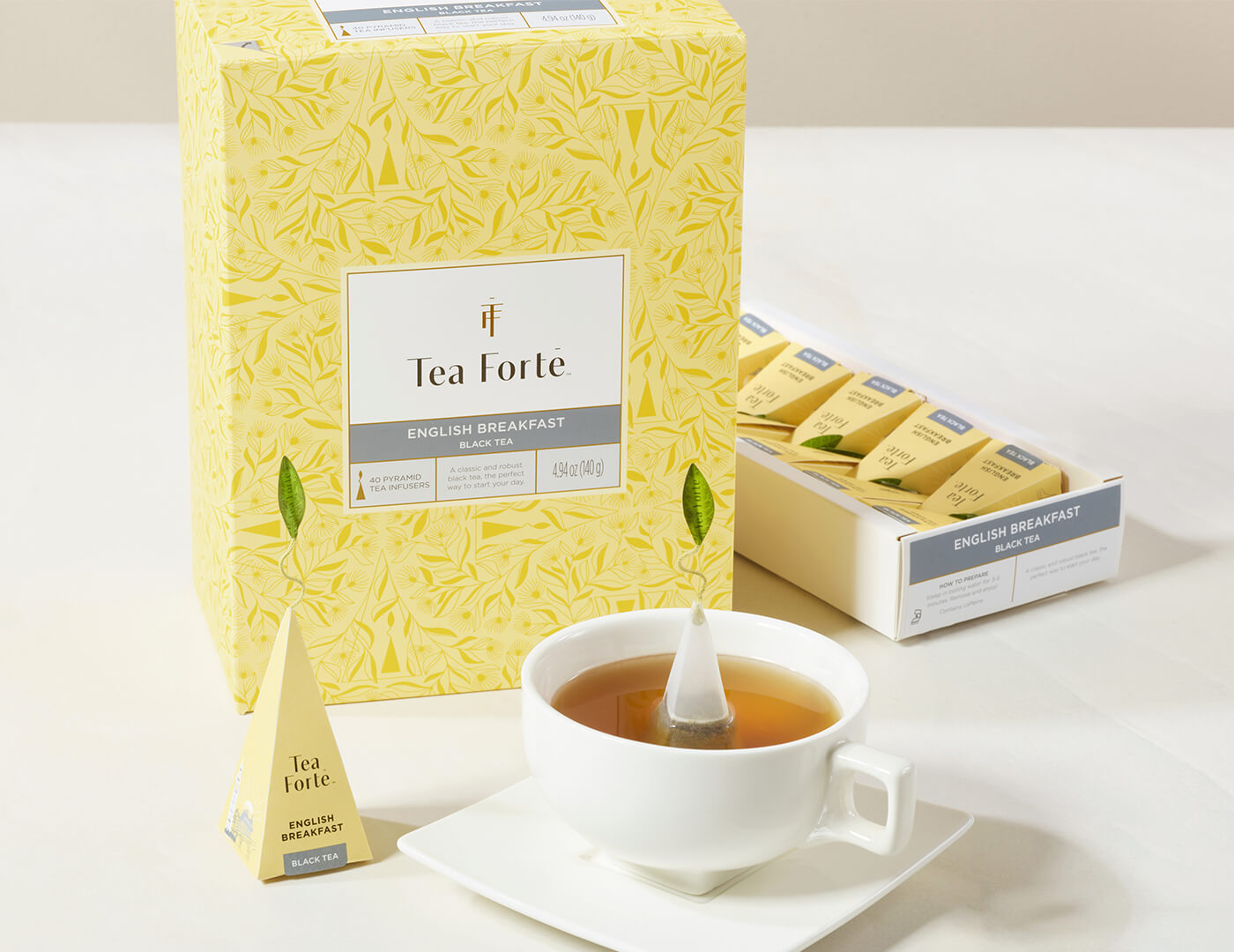Black Currant
Black TeaTASTING NOTES
Flavor: Well balanced with sweet blackberry and black currant notes
Aroma: Fruity and floral
Color: Dark amber
Your Selection
PLEASE SELECT FOUR (4) TEAS
Review
Confirm and Add to Bag
PLEASE SELECT FOUR (4) TEAS
Optional
Confirm and Add to Bag
African Solstice Tea
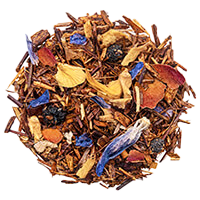
Black Currant Tea
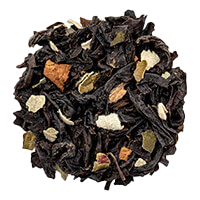
Blueberry Merlot Tea
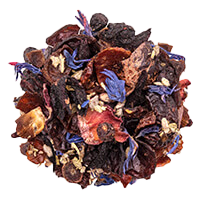
Bombay Chai Tea
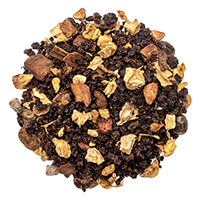
Cherry Blossom Tea
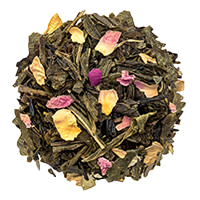
Earl Grey Tea
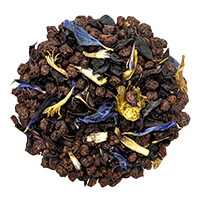
English Breakfast Tea
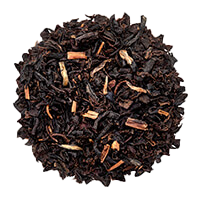
Ginger Lemongrass Tea
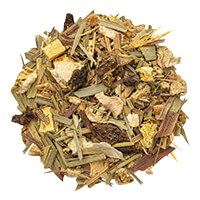
Green Mango Peach Tea
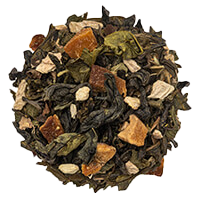
Jasmine Green Tea
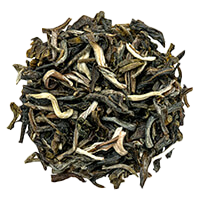
Lemon Sorbetti Tea
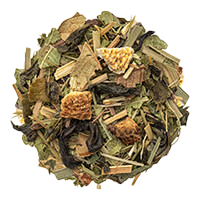
Moroccan Mint Tea
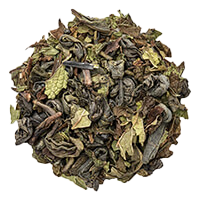
Orchid Vanilla Tea
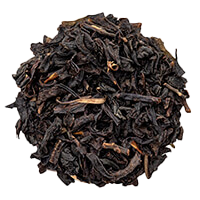
Raspberry Nectar Tea
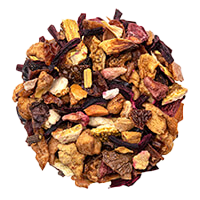
White Ginger Pear Tea
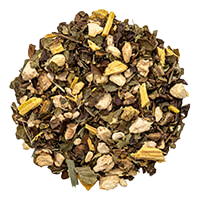
Winter Chai Tea
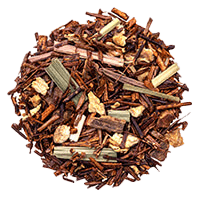
Top Layer

ALL ABOUT
BLACK CURRANT TEA
ABOUT BLACK CURRANT TEA
Tea Type: Black Tea
Elevate your morning routine with the invigorating essence of this bold and juicy black tea, brimming with the luscious flavors of radiant black currant and blackberry. Start your day on a high note with this indulgent, fruity steep, guaranteed to infuse your day with positivity and delight.
Read more about Black Currant Tea:
STEEPING INSTRUCTIONS
1. Measure 1 tsp into an infuser basket.
2. Steep in boiling water for 3-5 minutes.
3. Remove basket and enjoy!
For loose leaf iced teas, use 2 tsp per 8-ounce glass.
TASTING NOTES
Flavor: Well balanced with sweet blackberry and black currant notes
Aroma: Fruity and floral
Color: Dark amber
INGREDIENTS
New Packaging: Black tea, Blackberry leaves, Natural Flavors.
Old Packaging: Organic black tea, natural flavors, organic blackberry leaves.
You also viewed
CUSTOMER
REVIEWS
Customer
